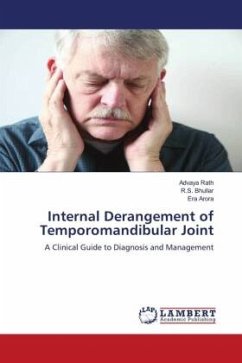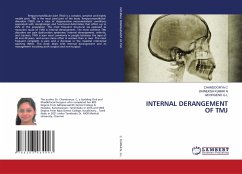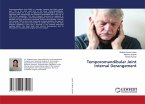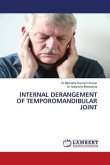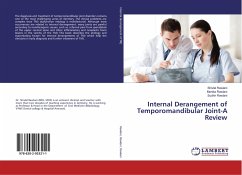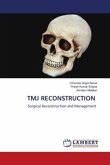Temporomandibular joint (TMJ) is a unique joint in which translational as well as rotational movements are possible and where both the ends of bones articulate, in same plane, with that of other bone. The TMJs are bilateral, diarthroidial, ginglymoid, synovial, and freely movable. Myofascial pain disorders are the most common cause of pain in the head and neck, and those involved in the temporomandibular joint are no exception. Joint disorders are the second most common cause of persistent head and neck pain. Included are internal derangements, degenerative joint disease and inflammation of the joint space (capsulitis).Congenital and developmental anomalies of the temporomandibular joint, although relatively rare, are important to identify early to reestablish normal midface growth centers. In this book we explained about various problems arising from TMJ and mainly of internal derangement and its treatment perspective.
Bitte wählen Sie Ihr Anliegen aus.
Rechnungen
Retourenschein anfordern
Bestellstatus
Storno


